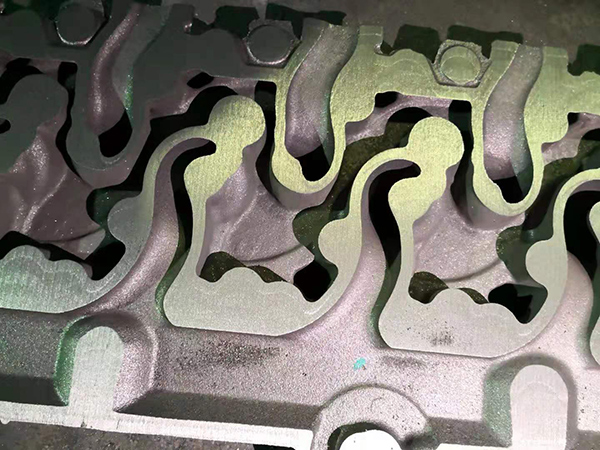Materials Used for Sand Casting
Sand casting is one of the most versatile and widely used metal casting processes, primarily due to its ability to create complex shapes and accommodate large-sized components. The success of this technique largely hinges on the materials used, which significantly influence the quality, strength, and precision of the final product. Understanding the different materials involved in sand casting is essential for optimizing the process and achieving desirable outcomes.
Sand
The primary material in sand casting is, unsurprisingly, sand. However, not all sand is equal; the most commonly used type is silica sand. This is because its high melting point (around 1710°C) allows it to withstand the heat of molten metal. The choice of sand can greatly affect the casting quality. For instance, finer sands provide better surface finishes but can lead to a more complex mold-making process. Conversely, coarser sands are easier to mold but may lead to rougher surface finishes. Additionally, sands are often mixed with clay, which helps bind the grains together and provides additional strength to the mold.
Binders
Binders play a critical role in sand casting. They help hold the sand grains together and maintain the mold's structural integrity. The most common binder used in sand casting is clay, specifically sodium bentonite, which is known for its excellent adhesive properties. The addition of water activates the clay, creating a mold that retains its shape under the weight of the molten metal. Other synthetic binders are also becoming more prevalent due to their ability to produce molds with superior strength and thermal stability, improving the overall casting quality.
Additives
materials used for sand casting

To enhance the properties of sand molds, various additives may be introduced to the sand mixture. These can include surfactants, anti-stick agents, and other chemicals that help improve flowability and reduce defects such as shrinkage and gas porosity. For instance, using organic compounds can improve the mold’s thermal stability, which is crucial when casting high-temperature metals.
Metals
While the mold material is crucial, the choice of metals to be cast also significantly influences the entire process. Common metals used in sand casting include aluminum, iron, bronze, and magnesium. Each of these metals has unique properties that make them suitable for specific applications. Aluminum, for instance, is prized for its lightweight and corrosion-resistant attributes, making it ideal for automotive and aerospace components. Iron, particularly gray cast iron, is known for its excellent wear resistance and machinability, making it suitable for heavy machinery parts.
Coatings and Release Agents
To ensure the easy removal of the cast piece from the mold and to enhance surface finish, coatings and release agents are often applied to the mold surfaces. These coatings can be made from various materials, including graphite-based and ceramic-based compounds. They serve to reduce friction, prevent the molten metal from sticking to the mold, and provide a smoother surface that minimizes finishing work after casting.
Conclusion
In conclusion, sand casting is a highly effective manufacturing process that relies on the careful selection of materials. By understanding the characteristics and roles of sand, binders, additives, metals, and coatings, manufacturers can optimize the casting process to achieve superior products. As technology advances, the materials used in sand casting continue to evolve, offering exciting possibilities for improving casting efficiency, reducing costs, and enhancing the performance of the final products. This continuous improvement is essential in meeting the increasing demands of various industries, ensuring that sand casting remains a relevant and vital manufacturing technique.
Post time:11月 . 08, 2024 23:30
Next:Understanding Tolerances in Sand Casting Processes for Enhanced Manufacturing Accuracy
